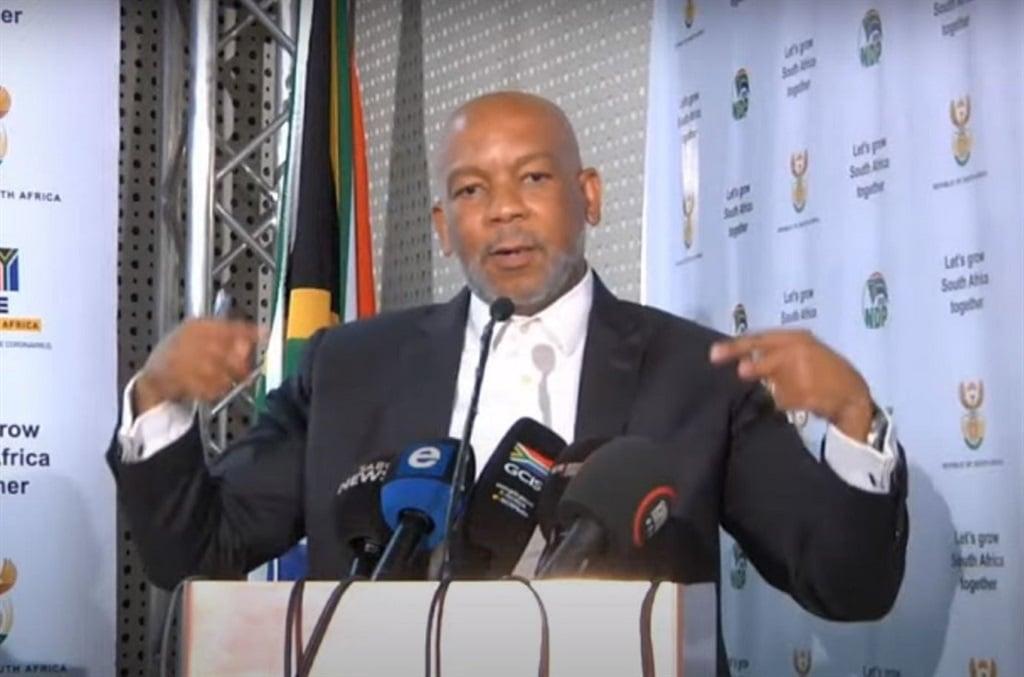Africa-Press – South-Africa. The state of disaster was terminated because no additional powers are required by government to address the energy crisis, said Deputy Minister of Cooperative Governance and Traditional Affairs (Gogta) Parks Tau.
Government officials, including Cogta Minister Thembi Nkadimeng and Electricity Minister Kgosientsho Ramokgopa, briefed the media on Wednesday on the decision to end the state of disaster on Wednesday.
The decision came amid legal challenges – launched by the Organisation Undoing Tax Abuse (OUTA) and trade union Solidarity to have the state of disaster reviewed and set aside.
Government had not submitted responding court papers, and dates for the court hearings had not yet been set. But both organisations on Wednesday received notice from the state attorney that the state of disaster would be withdrawn.
Speaking to the media on Wednesday, Tau said various considerations were made to end the state of disaster. This includes the impending litigation. Tau said:
Tau said a review was conducted on the necessity for the state of disaster and it became apparent that government does not need additional powers to address the crisis. With the state of disaster falling away, the legal challenge became moot.
He added that the determination to end the disaster was based on consultations within Cogta and the national disaster management centre, and other government departments.
Tau said that when the state of disaster was declared by President Cyril Ramaphosa two months ago, the country was facing “escalating levels” of electricity outages for longer periods of time on a daily basis. This warranted interventions.
“When a state of disaster is declared, it is subject to continuous review and assessment by the ministry,” he said. The regulations subsequently published are there to enable executive authorities to exercise particular responsibilities to deal with the crisis.
The situation now is such that a new executive authority, in the form of the electricity minister, has been established and who is wholly focused on the issue. Based on engagements with this new ministry to determine if additional powers are required, it became apparent that there is no need for “extraordinary measures” to intervene in the electricity crisis.
Ramokgopa also addressed concerns about what the termination of the state of disaster means. He assured it would not undermine the “agility, pace and responsiveness” of procurement.
He added that government would continue to review whether “additional instruments” are required to intervene in the crisis.
“From time to time, we will revisit decisions – are they still applicable? Can they be improved?” he said. If it is warranted that additional “weapons or arsenal” is needed to respond, that determination will be made.
Ramokgopa will on Thursday provide a detailed briefings on his findings following oversight visits at several of Eskom’s power stations.
For More News And Analysis About South-Africa Follow Africa-Press






